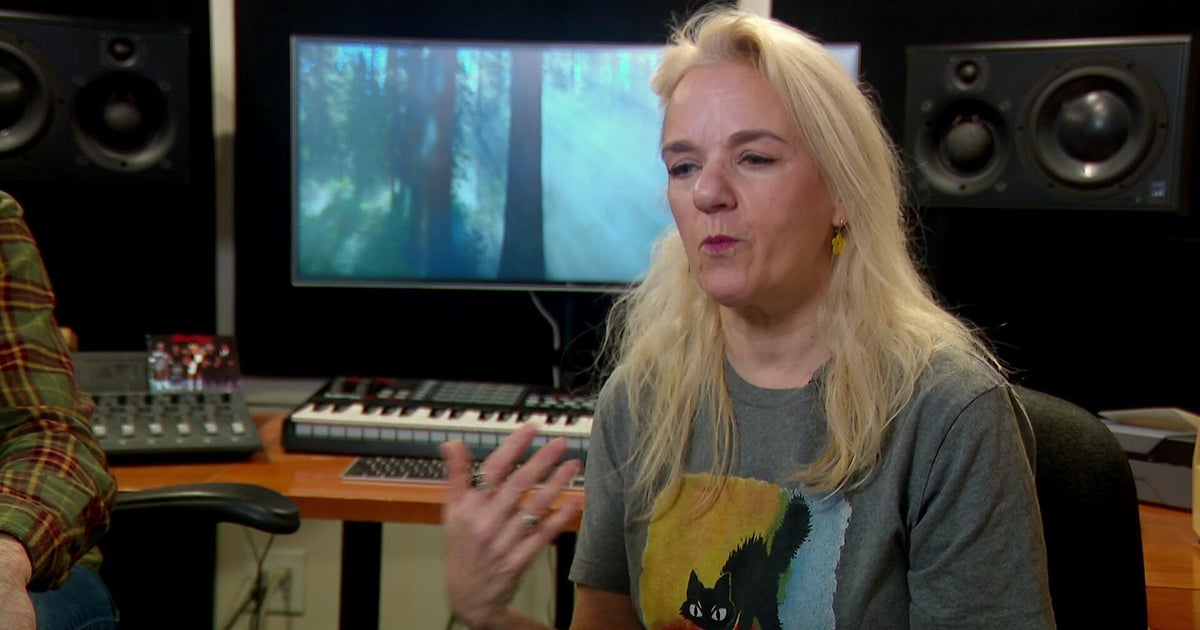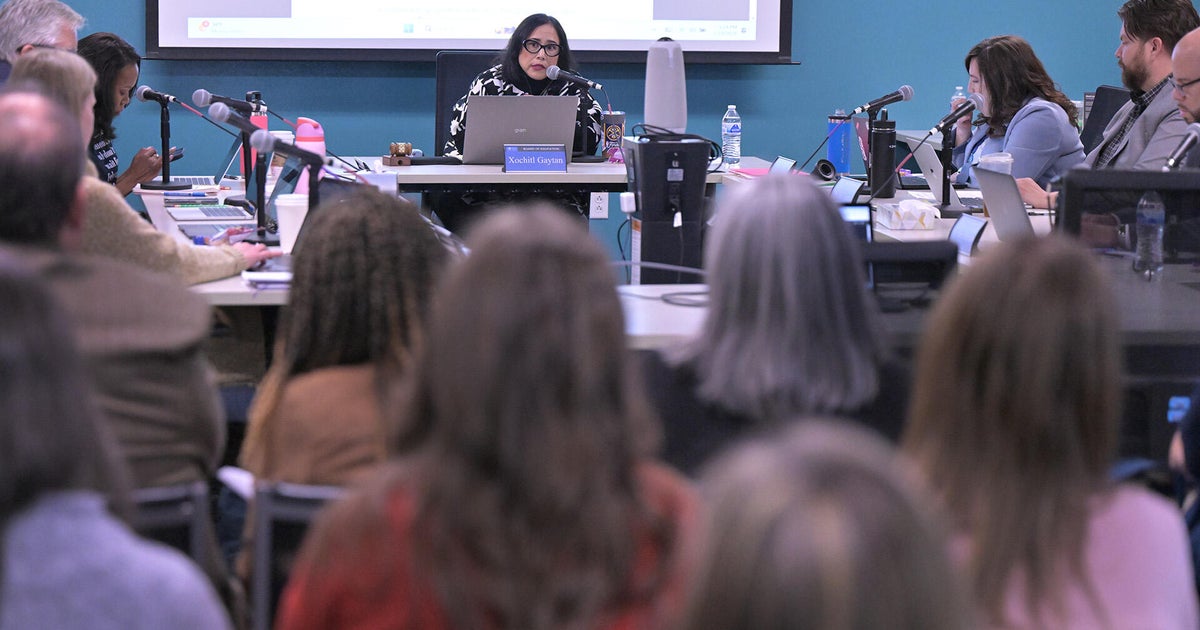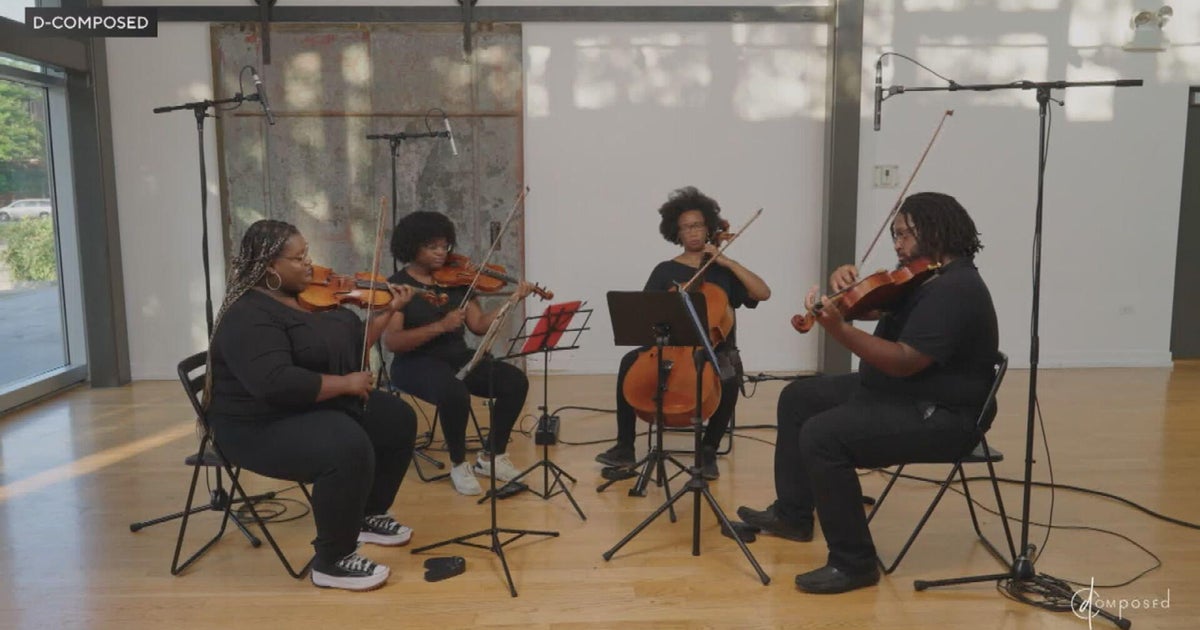Stanford researcher creates musical medicine to comfort palliative care patients
The power of music is comforting patients undergoing palliative care, helping them and their loved ones through an extremely emotional and difficult time.
Stanford University medical student and musician Melanie Ambler is doing a research project to study how music can alleviate some of that stress. Ambler is taking a year off school to interview 100 patients and play music for them.
Ambler visits each one in their hospital room, asks them a question, and then composes an original song on her cello for them during their visit together.
"I like to tell my patients that I play music that is improvised and inspired by whatever they tell me," said Ambler. "It's my most active form of listening."
Ambler met 46-year-old Tasha Tevis, who has end-stage kidney failure, while she was in the ICU. Ambler started their session by asking Tevis a question.
Ambler: "What does art mean to you?"
Tevis: "Art to me is beauty."
When Tevis was done speaking, Ambler began to play her cello. Tevis closed her eyes and for a moment she was not in the hospital anymore.
"So much happiness goes through my mind," said Tevis. "When you take a deep breath, everything washes away."
This is more than a kind act of service for these patients. Ambler believes its real medicine. She is studying how the experience impacts the patients and their loved ones, both physically and emotionally.
All the patients receive an edited recording of their interview and musical soundtrack after their session. A subset of those interviews will then be included in a podcast or album for the public to listen to.
While most of the medical community is focused on preserving life, Ambler hopes her project will change the way doctors look at death.
"We should have more conversations around death and dying and palliative care and what that actually means," said Ambler. "And the fact that so many of these stories that patients are sharing have nothing to do with why they are in the hospital. It has to do with who they are as people."







